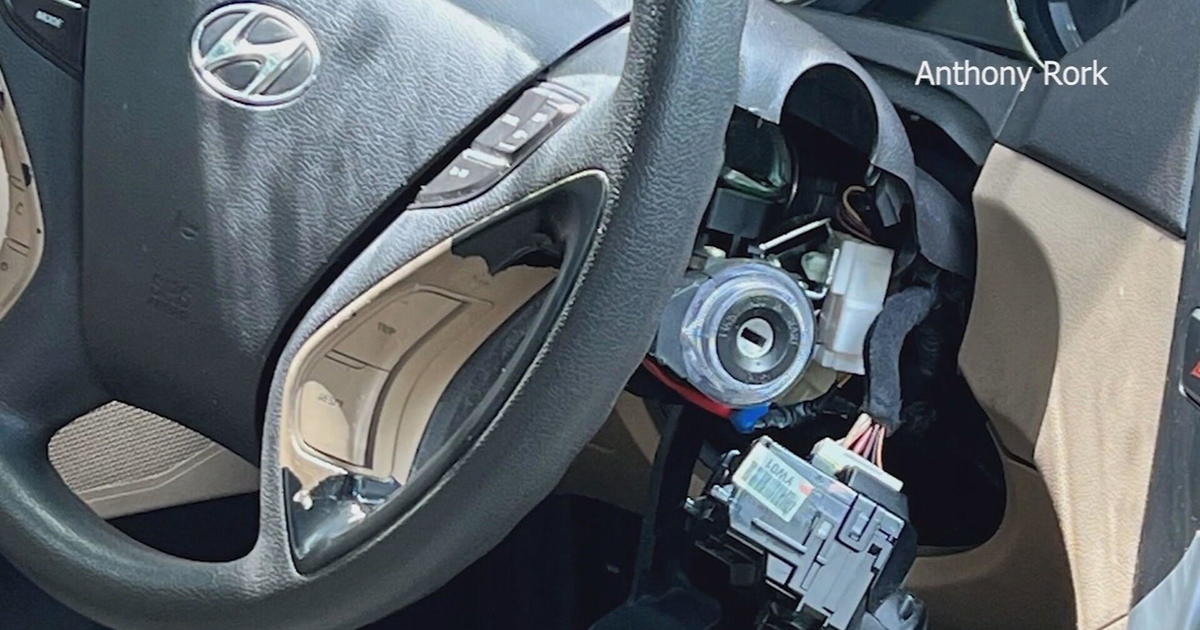A social media trend, dubbed the “Kia Challenge,” has appeared to compound the automakers’ problems in recent years, with people posting videos showing how to steal Hyundai and Kia cars. At its height, the Kia Challenge was linked to at least 14 reported crashes and eight fatalities, according to figures from the National Highway Traffic Safety Administration.
About 9 million vehicles have been impacted by the rash of thefts, including Hyundai Elantras and Sonatas as well as Kia Fortes and Souls. Hyundai and Kia earlier this year agreed to pay $200 million to settle a class-action lawsuit filed by drivers who had their vehicles stolen.
Technology is helping foil car thieves making life miserable for owners of Hyundai and Kia vehicles.
Hyundai and Kia upgraded their cars’ anti-theft tech in early 2023. Vehicles equipped with the enhanced software will only start if the owner’s key, or an identical duplicate, is in the ignition.
The rate at which the Korean automakers’ cars are stolen has fallen by more than half since the companies upgraded their anti-theft software, according to new research from the Highway Loss Data Institute (HLDI). Hyundai and Kia thefts have soared in recent years after criminals discovered that certain car models lacked engine immobilizers — technology that has long been standard in other vehicles.



It’s funny that even though theft rates have plummeted since the mass software upgrade, premiums have stayed high. They have savant-level mathematicians (actuaries) evaluating risk and even with compelling data showing otherwise, they choose to keep labeling these cars high risk and continue to charge exorbitant premiums.
The whole “insurance price is determined by geniuses” thing is just bullshit. They benefit greatly from perpetuating the myth but never really demonstrate competence. Their calculations are very non-specific. For example determining risk by ZIP code in places where one side of the tracks/street/infrastructure built with structural discrimination in mind is just not granular enough. Another example would be that some model of vehicle came with optional emergency braking, but taking the option doesn’t change insurance calculations at all, but having the feature as standard for all models reduces the price for those models.
“Insurance actuaries are sevants” is just an extension of the lie that “free” markets are 100% efficient and always correct.
Well I mean actuaries are like savants. Years ago in uni my calc III college prof was one. Amazingly sharp dude. Do I think insurance companies over-generalize their risk assessments? Yupp. Do insurance companies likely ignore their actuaries and set premiums to make outrageous profit? Probably.
Disclosure: I hate insurance companies. Also that professor was super weird
Well, the cars do not get stolen, but the windows sure as hell get smashed to check if it works. This costs money as well.